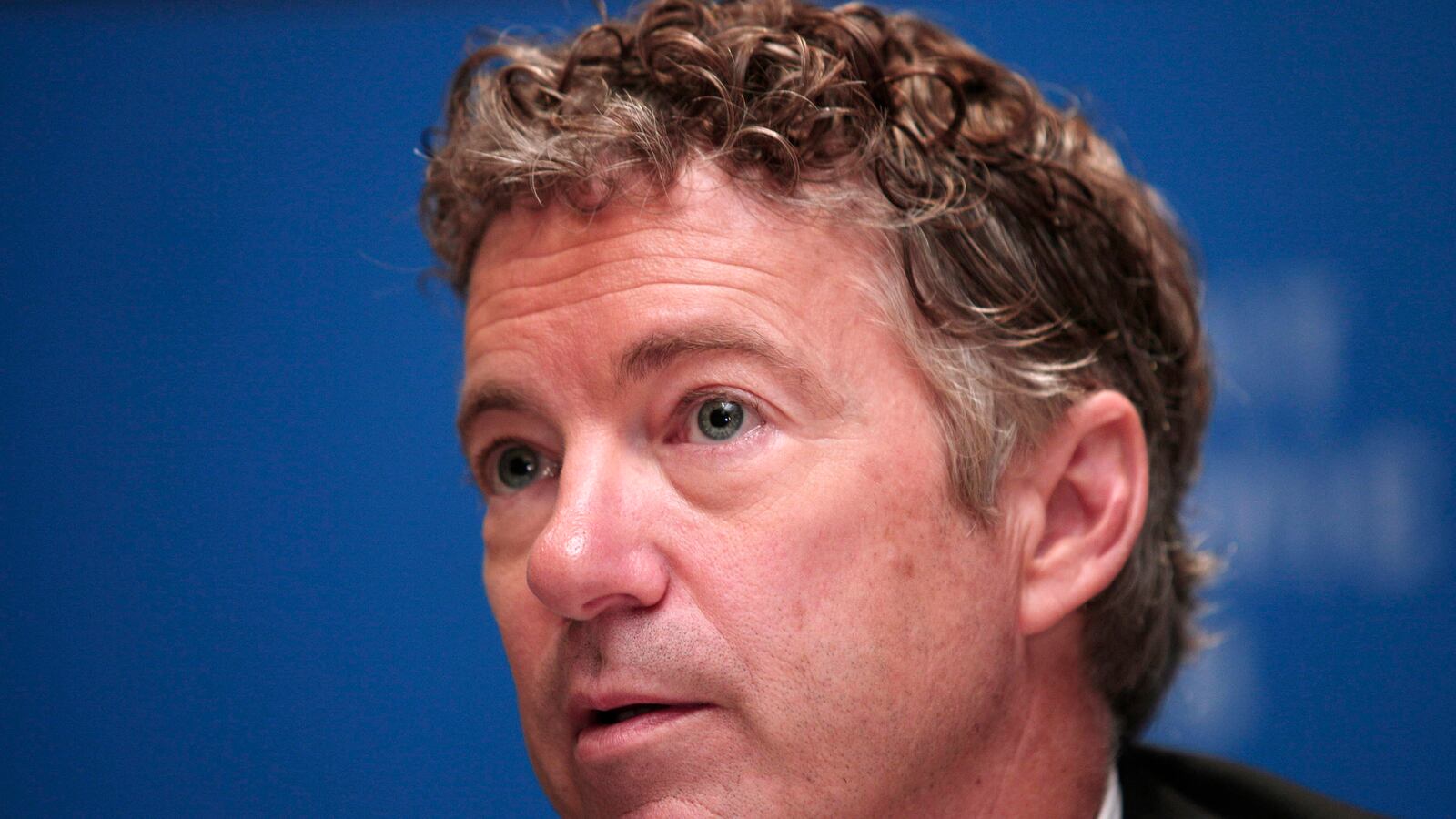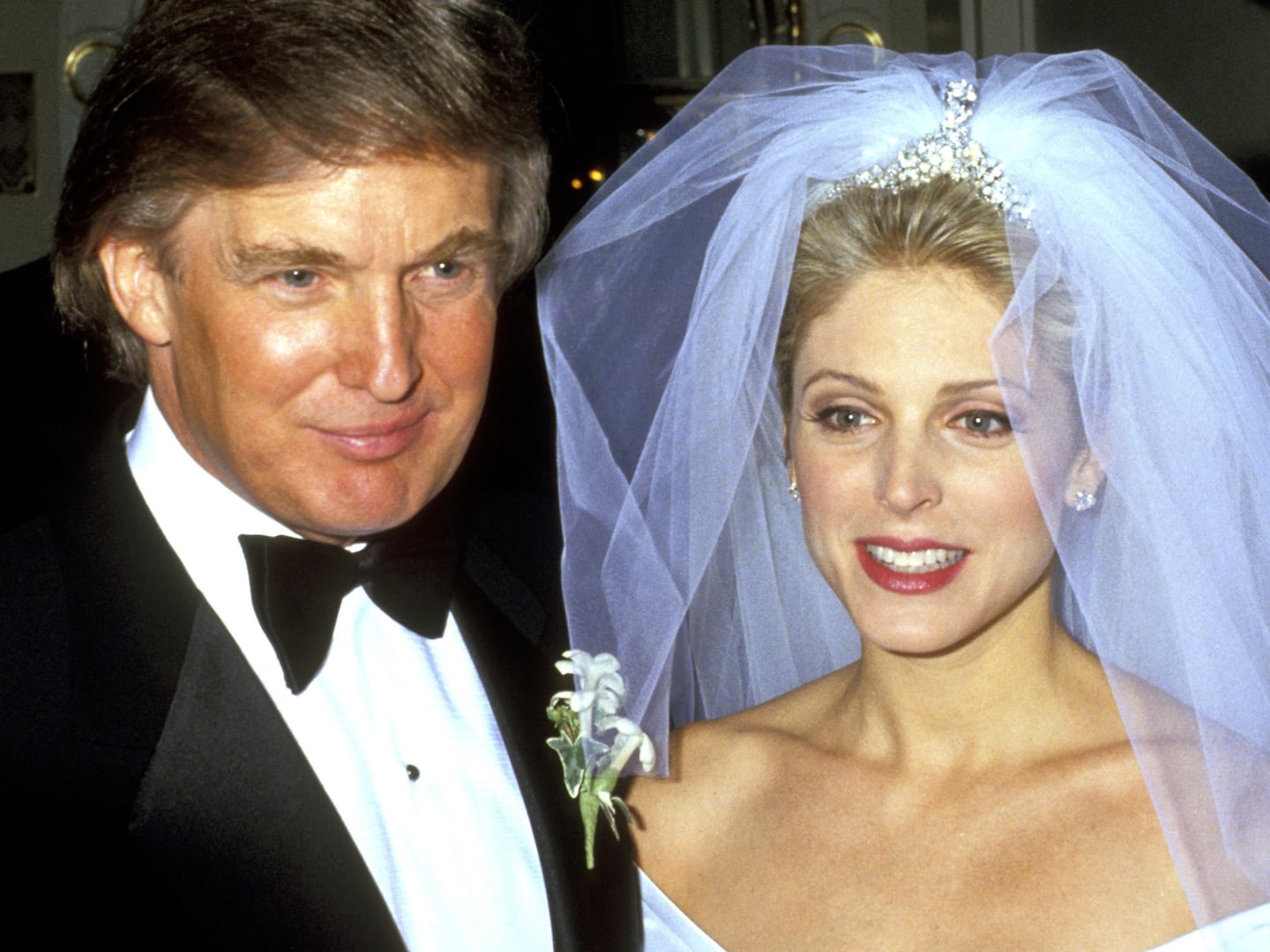
At Real Clear World, John Lott writes that “Any Republican seeking nomination for the 2016 presidential election should at a minimum be willing to admit Iraq was a mistake.” At The Atlantic, Conor Friedersdorf takes this, agrees with it, an adds an addendum: Democrats will also have a hard time navigating the Iraq War, given their bench of high-profile hawks:
An irony of Obama’s presidency is his decision to elevate so many Iraq War supporters after arguing that his own opposition to the war showed his superior foreign-policy judgment. Those staffing decisions have consequences for the Democratic bench.
It’s conceivable that someone like Rand Paul will win the GOP nomination, and the general election will feature a Republican nominee attacking his Democratic opponent’s war support in much the same way that Obama successfully attacked Clinton: “You thought the Iraq War was a prudent invasion, and now you want to be president?”
Given the role it played in the 2008 primary, I have no doubt that Iraq will emerge for 2016 as well, especially given the war fatigue of Americans writ large, and the Democratic base in particular. But as far as the general election is concerned, I have a hard time believing that the GOP would nominate an avowed Iraq War opponent, and an even harder time believing a Republican nominee would use war support as a cudgel against a Democrat.
Here’s why: Even with the libertarian turn in the GOP, it’s still true that Iraq War support is a consensus position in the Republican Party. That’s not to say that there’s universal support for war—consensus doesn’t require unanimity—or that Republicans would support a similar venture in the future. But, when you look at the community of GOP elites who care about foreign policy and national security—or read conservative publications like the Weekly Standard and Commentary—what you see is support for the war’s rationale.
Indeed, just look at the advisors and supporters for past and present presidential candidates. There’s Mitt Romney, who enlisted General Tommy Franks at the tail end of his campaign; Marco Rubio, who hired Jamie Fly—former executive director of the neoconservative Foreign Policy Initative—as a counselor on national security; Scott Walker, who has a close relationship with former Bush speechwriter Marc Thiessen; Paul Ryan, who had Elliot Abrams as a foreign policy advisor while running for vice president; and Chris Christie, who has been relatively silent on foreign policy, but draws enthusiastic support from hawks like Bill Kristol.
The issue positions of a presidential nominee reflect the consensus in the party. It’s only when there isn’t a consensus that there’s room for a (strong) nominee to deviate and go in one direction or the other. On foreign policy, for the most part, the Republican Party is still where it was in the last two elections.
Put simply, a Rand Paul who stands as the GOP’s standard-bearer in 2016 is a Rand Paul who is silent on–or quietly supportive of—the party’s position on Iraq.






